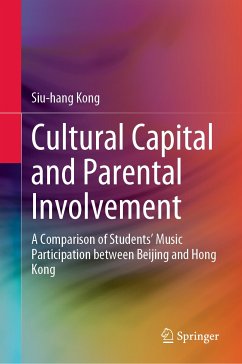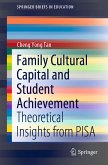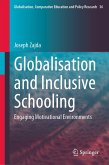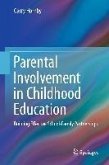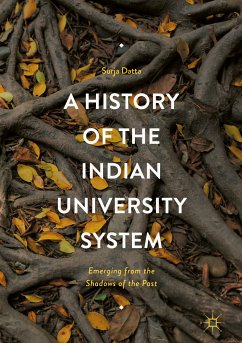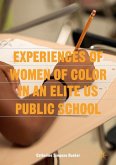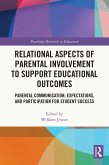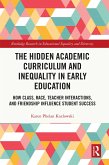This book uses Pierre Bourdieu's cultural capital model as a theoretical framework for exploring how students in Beijing and Hong Kong perceive parental influences-their parents' cultural capital and support-on their participation in musical activities. By studying students' perceptions of their parents' cultural capital and support for their musical activities, this book revisits the applicability of Bourdieu's cultural capital model in the contemporary Chinese context and reveals how inequality in terms of parental cultural capital governs parents' support and influences the intergenerational transmission of cultural capital, which in turn contributes to inequality in terms of students' cultural capital.
Dieser Download kann aus rechtlichen Gründen nur mit Rechnungsadresse in A, B, BG, CY, CZ, D, DK, EW, E, FIN, F, GR, HR, H, IRL, I, LT, L, LR, M, NL, PL, P, R, S, SLO, SK ausgeliefert werden.

